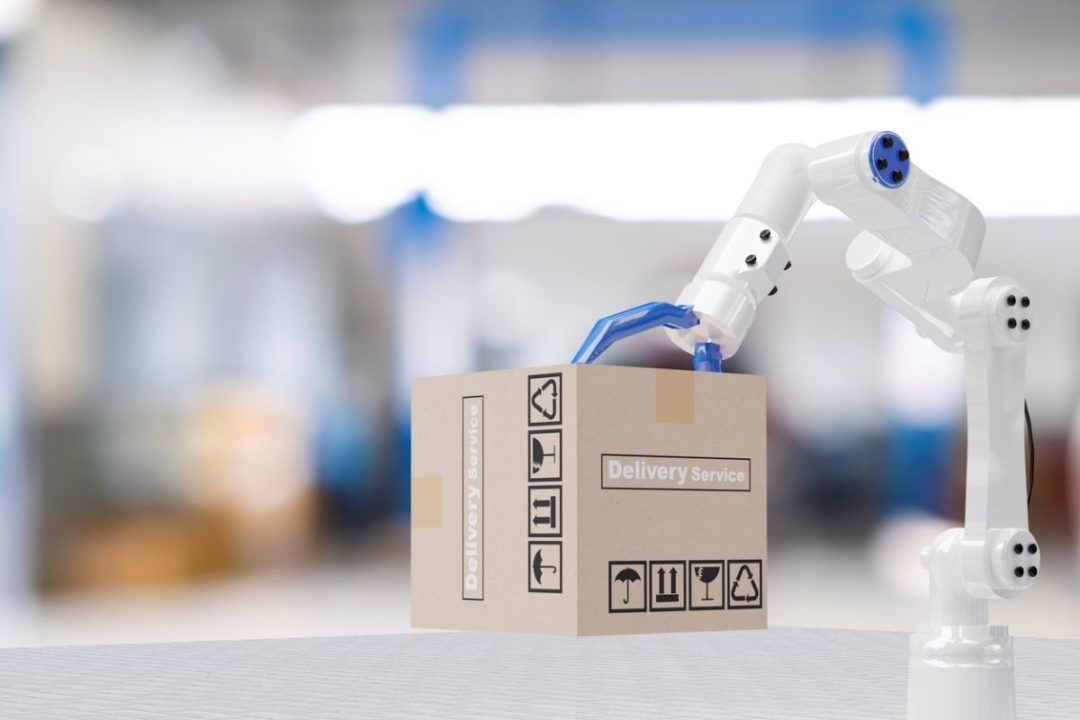
In an era where the manufacturing sector is being continually reshaped by technological advancements, a silent transformation is underway, one that redefines the traditional dynamics of the packaging industry. This transformation, fueled by the advent of collaborative robots, or "cobots," transcends mere technological innovation, prompting us to reconsider the very essence of human-machine collaboration.
Rethinking Efficiency: The Human-Cobot Synergy
The introduction of cobots into the packaging sphere is often heralded for the gains in efficiency it offers. While accurate, that impression only skims the surface of this technological evolution. Cobots, with their capacity to work alongside humans, offer a blend of machine precision and human insight that is reshaping production lines. However, this partnership raises fundamental questions about the future of work, the nature of efficiency, and the true value of human labor in an automated world.
Beyond Productivity: The Ethical Dimension
The narrative surrounding cobots frequently champions their ability to boost productivity. Instances such as L’Oréal's 5% uptick in equipment efficiency after implementing cobots underscore this benefit. Yet, this efficiency-centric viewpoint overlooks the nuanced ethical considerations that accompany widespread automation. As cobots take on more physically demanding tasks, ostensibly reducing workplace injuries, we must probe deeper: Are we valuing human safety and job satisfaction appropriately, or are we merely shifting the burden of labor from humans to machines?The scalability and affordability of cobots represent a democratization of technology, lauded enabling smaller enterprises to compete with industry giants. However, this democratization also poses a dilemma: As advanced automation becomes more accessible, what are the broader societal implications? The risk of exacerbating economic disparities and job displacement looms large, challenging us to find a balance between technological advancement and social equity.
The Complexity of Cobotic Integration
The journey toward integrating cobots into packaging processes is fraught with other challenges, from the need for specialized training to the selection of appropriate cobot models. This complexity underscores the broader issue of how to adequately prepare our workforce for this new era of manufacturing. The focus on training and leveraging expert consultations is crucial, but it also highlights a potential skills gap that could leave many behind in the rush toward automation.
Envisioning the Future: Cobots and the Packaging Ecosystem
As we look ahead, the potential of cobots in packaging — driven by AI, machine learning, and IoT integration — promises a new era of smart packaging lines and predictive maintenance. Yet this vision of the future needs to include the full implications of such a heavily automated future. The promise of cobots performing complex tasks and customizing packaging in real-time is enticing, but it also raises critical questions about the unforeseen consequences of relinquishing control to machines.The integration of cobots into the packaging industry symbolizes a paradigm shift towards a more automated, efficient, and potentially inclusive manufacturing environment. Cobots are not merely tools of innovation, but catalysts for a broader discourse on the role of automation in shaping our world. As we navigate this transition, the challenge lies not just in harnessing the capabilities of cobots but in ensuring that this technological evolution aligns with our broader human values and aspirations.
Nicholas Jones is technical advisor at Wake Industrial.
.jpg?height=100&t=1714138927&width=150)





